In 2023, a total of 2.56 million BMW, Mini, and Rolls-Royce vehicles were sold, with over 376,000 of them being electric vehicles.
At the start of 2024, car manufacturers released their global sales numbers for the previous year. The competition in the luxury segment between BMW, Mercedes-Benz, and Audi remained a hot topic. Similar to the previous year, BMW maintained its sales dominance in 2023.
In particular, the German brand based in Munich – BMW – recorded a total of 2,555,341 units sold across BMW, Mini, and Rolls-Royce brands in 2023. This represents a 6.5% increase compared to 2022. In December alone, BMW’s sales were over 10% higher than the same period the previous year. Electric vehicles accounted for 367,183 units out of the total 2.56 million vehicles sold, showing a significant increase of 74.4% compared to BMW’s electric vehicle sales in 2022. This achievement signifies BMW’s commitment to having electric vehicles make up 15% of its global sales volume. The target for 2024 is to reach 20%, eventually aiming for 25% by 2025.
A closer look at BMW’s sales figures reveals an overall increase in all regions, although the growth rate in Asia is slower compared to the United States. Nonetheless, Asia remains the largest market for BMW, with a total of 1.07 million vehicles sold. Europe follows closely with 942,805 units sold, and the United States with 395,741 vehicles.
Meanwhile, Mercedes-Benz reported sales figures of 2,043,800 vehicles, including those under the Smart brand. Compared to 2022, this represents a 1.5% increase in sales. However, sales in Q4 experienced a 3% decrease due to supply constraints and model changes.
In contrast, Audi had a successful year with global sales reaching 1,895,240 vehicles. This marks a significant growth rate of 17.4% compared to 2022.
The competition among these three major German luxury brands is expected to intensify in the following years as they introduce new ranges of electric vehicle models.
TT (Tuoitrethudo)





























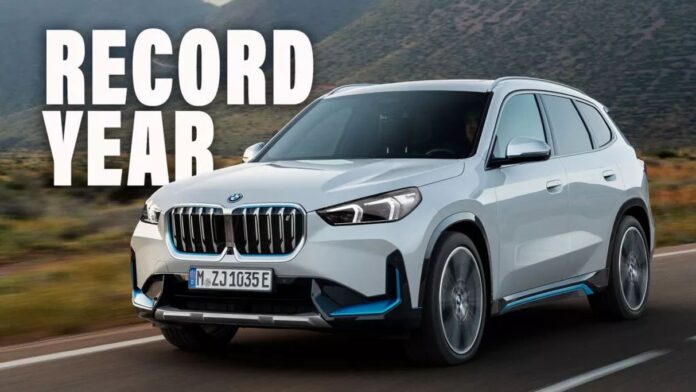
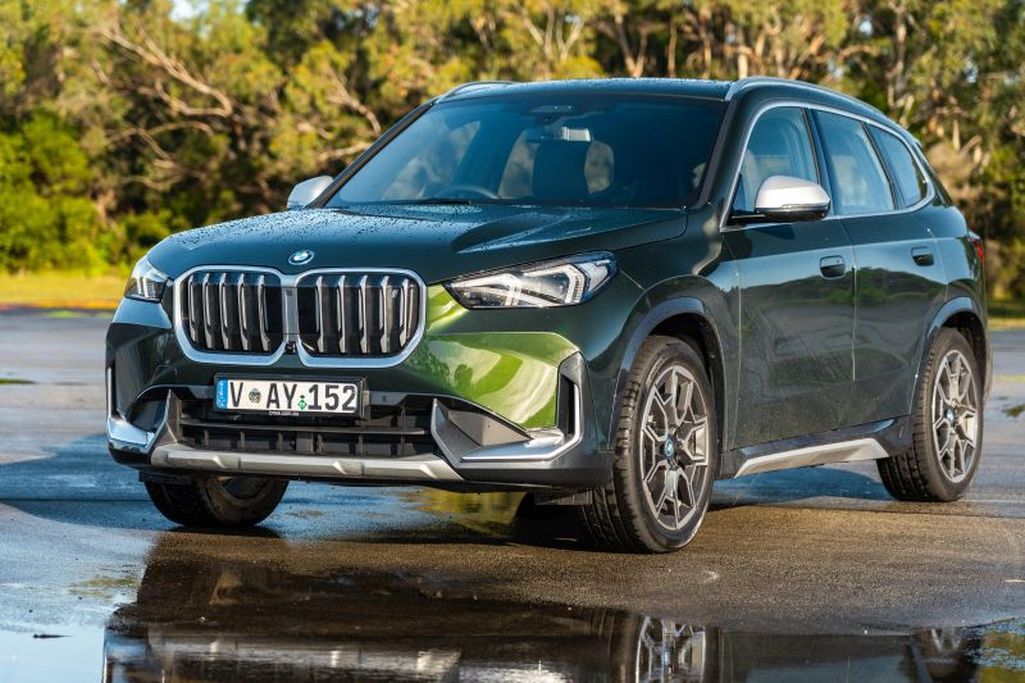
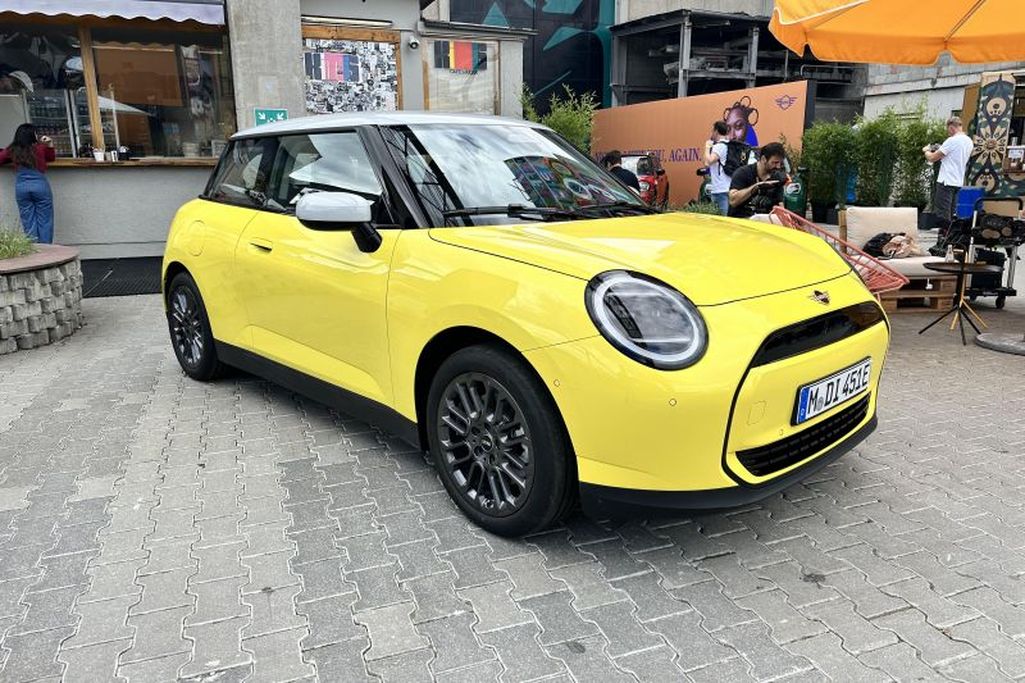
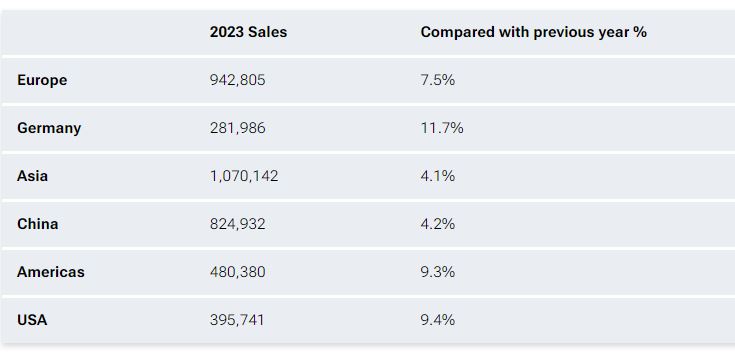
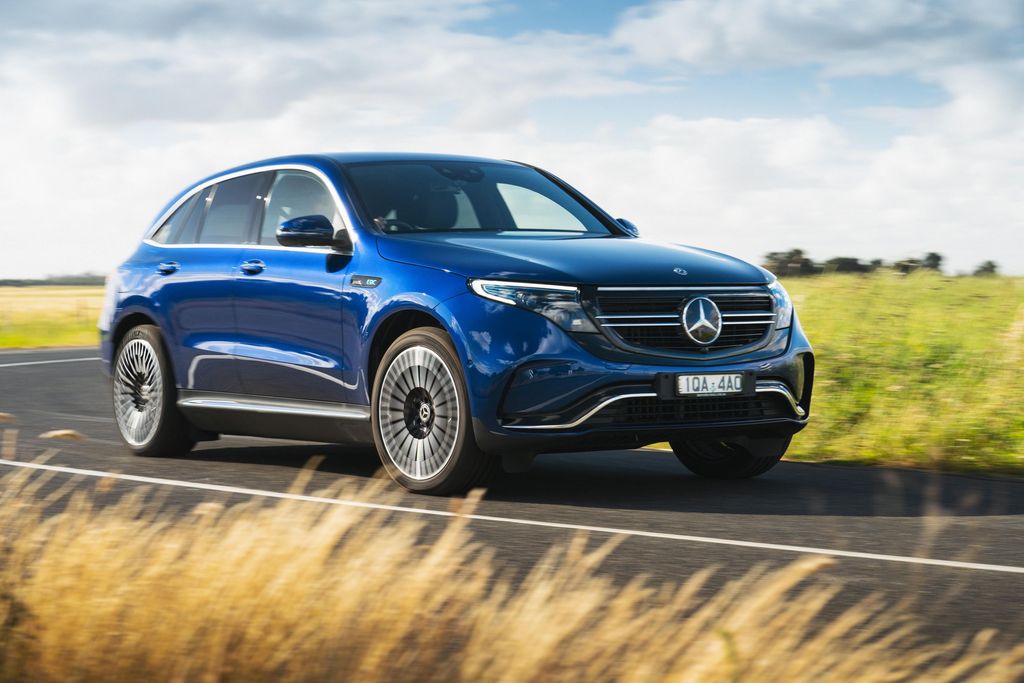
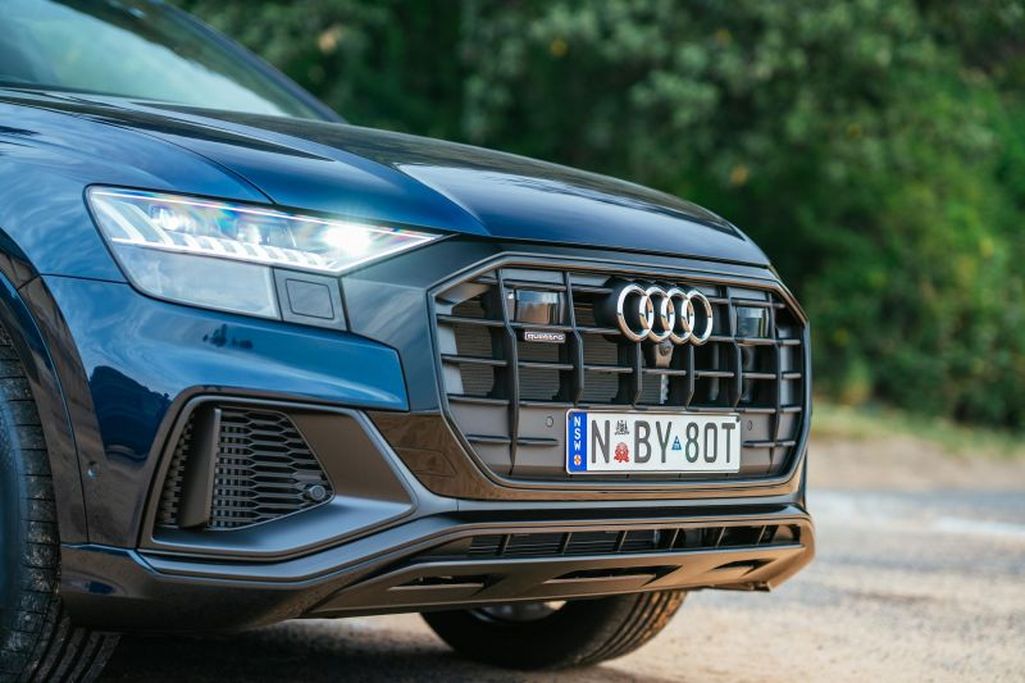

![[Quick Review] Hyundai IONIQ 5 – A Vehicle from the Future](https://vnauto.net/wp-content/uploads/2023/10/xehay-hyundaiioniq5-18052022-2-150x150.jpg)













